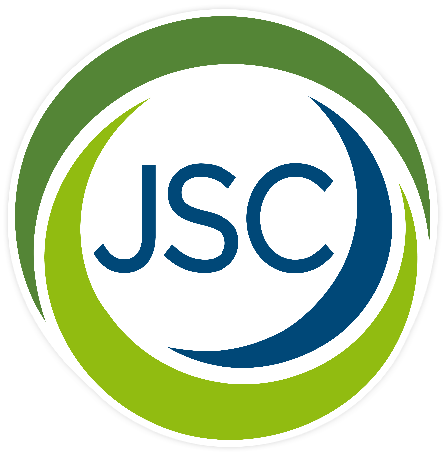A well-written resume can attest to your experience and education, but in today’s competitive job market, healthcare employers expect more than a strong skillset – they want to ensure a new hire is a good fit with the company culture and has the necessary people skills to provide excellent care to patients and their families.

Potential candidates can stand out from the crowd by cultivating and highlighting their soft skills during job interviews. The Oxford Dictionary defines soft skills as “personal attributes that enable someone to interact effectively and harmoniously with other people.” In other words, they’re the traits necessary for effectively collaborating with coworkers and managers.
Some specific examples of soft skills that employers look for when hiring employees are emotional intelligence, adaptability, professionalism, the ability to think critically and on the spot, and the ability to collaborate. If you’re a candidate aiming to showcase these skills during an interview, here are a few key ways to do so:
Practice describing “how,” not just “what.”
In order to convincingly demonstrate to a potential employer that you possess leadership capabilities or other soft skills, it’s important to respond to behavioral-based questions with exactly how you navigated the situation, not just with the outcome of the situation.
For example, when asked about a time when you displayed leadership skills, it’s not enough to say, “I’ve been the team lead on several projects.” The more effective answer would be, “When I served as team lead for several projects, I harnessed the strengths of my team members and helped guide the projects to completion before the actual deadlines.”
The more persuasive details you can provide to showcase just exactly what you did to accomplish a task or overcome an obstacle, the more clear it will be to your interviewer that you have the right soft skills and know how to apply them to your job duties.
Become an active listener.
Active listening is a critical communication skill. It involves giving your full attention to the words the other person is saying in order to understand the actual message being relayed.
You can practice active listening any time you have a conversation. While the other person speaks, be sure to make eye contact and try to mirror the facial expressions they make. When it’s your turn to reply, summarize what they’ve said or ask clarifying questions.
It takes time to get into the habit of actively listening. During a conversation, many people start to think ahead about what they will say next. This is even more common in high pressure situations like a job interview. Practicing mindfulness, in which you consciously focus in on your thoughts from moment to moment, is a great way to get in the habit of redirecting your thoughts to the present moment.
Be friendly and positive.
When it comes to showing your ability to communicate and work with others, being friendly and remaining positive can go a long way. A casual and personal conversation with your interviewer makes it easier for them to actually envision working with you. After all, no one wants to work with an unhappy person who can’t – or won’t – hold a conversation.
When it comes time to talk about your skills, be confident and clear in your abilities and what you bring to the table. Avoid phrases that show hesitancy or uncertainty in favor of more assertive language. An example would be using “I am confident I can lead this team through change,” instead of “I think I could help colleagues navigate change.” You want to appear confident, so you should enter the interview with the belief that you have the right skills and experience to be a great fit for the job.
Provide an impeccable presentation.
Interviewers pay attention to more than just the responses you give. They’re also making a judgment based off your physical appearance, as this can say a lot about a candidate’s level of professionalism.
It may seem like a no-brainer for many job seekers, but it’s important to make the right first impression by dressing and grooming yourself appropriately. A shabby, ill-fitting suit or a revealing dress can disqualify you from the start. Instead, always go with a tailored outfit that’s slightly more formal than the actual dress code and avoid cosmetics or accessories that are too distracting.
Your body language also demonstrates your confidence and communication skills. You may not notice you’re slouching or that your handshake is weak, but your interviewer definitely will. To project poise and confidence, be sure to make eye contact (but don’t overdo it, as that can seem confrontational), keep your posture upright, and try to avoid any restless fidgeting like tapping your foot or twirling your hair.
Achieve a competitive edge by emphasizing soft skills
Soft skills may not seem that important when compared to more quantifiable hard skills like clinical knowledge or a certification, but both are essential in order to meet the demands of a job, especially in healthcare.
By employing the tactics listed above, candidates can make their soft skills apparent to interviewers, which can often make a difference in whether or not they progress to the next step in the hiring process.
If you’re a resident or fellow that would like to know more about soft skills and how to showcase them, Jordan Search Consultants can help. Email us or give us a call at 866-750-7231.


